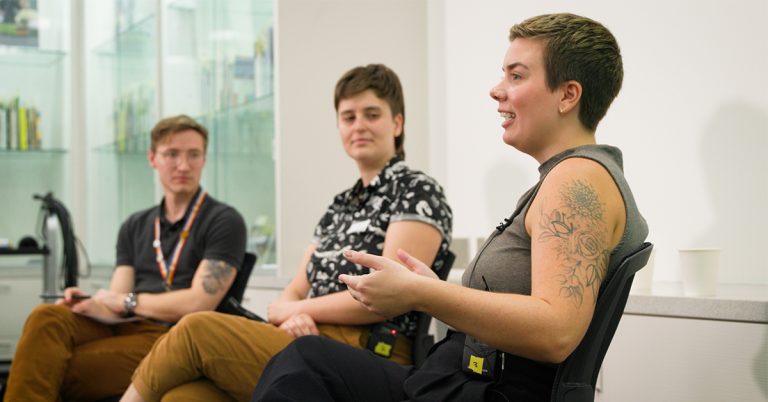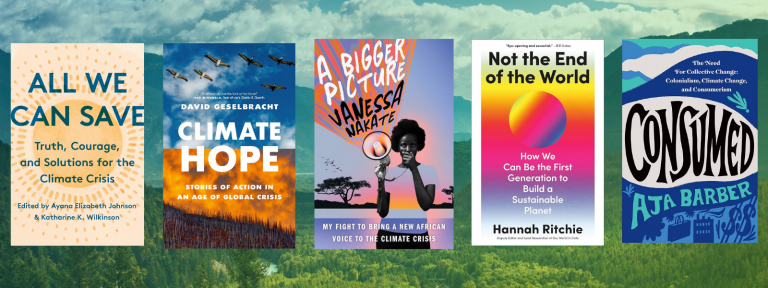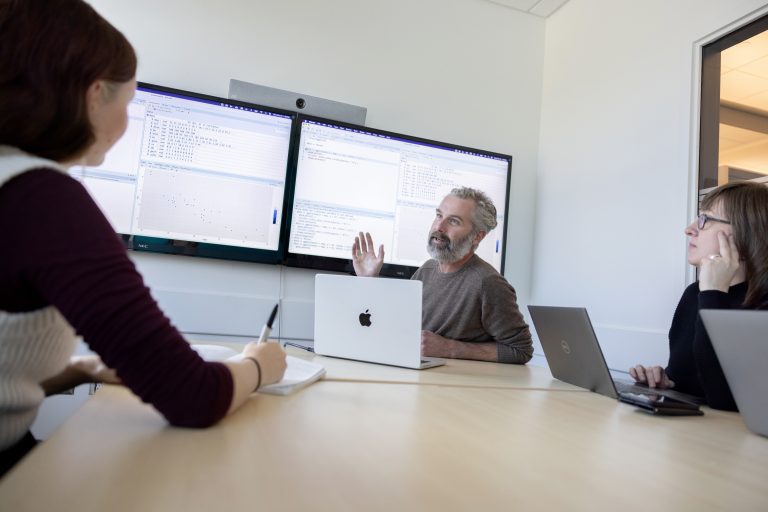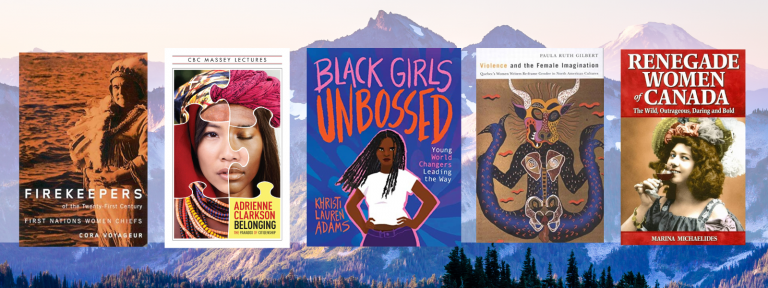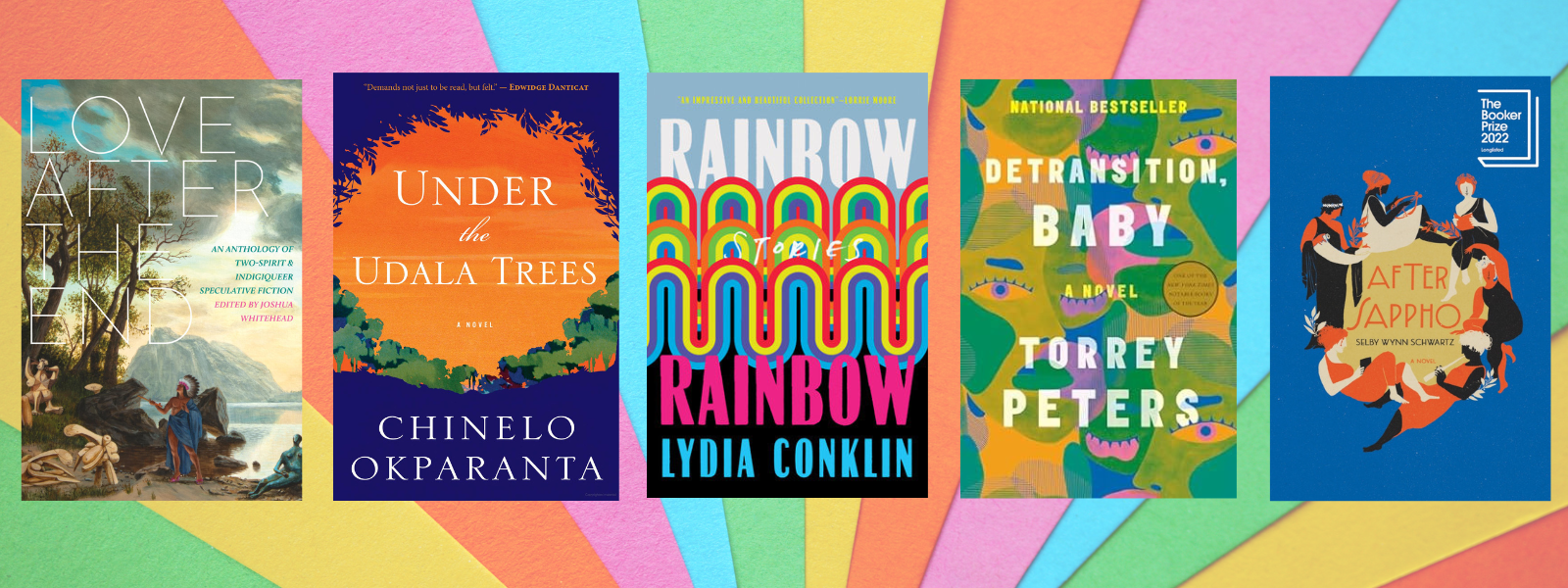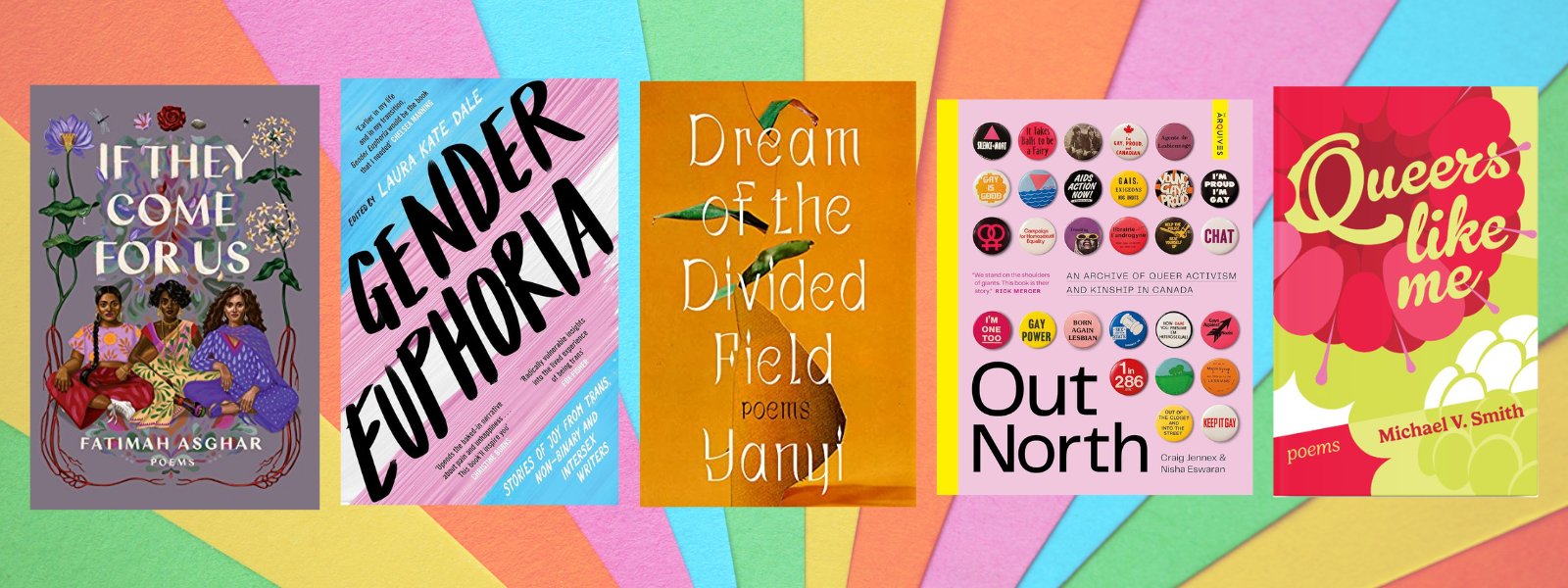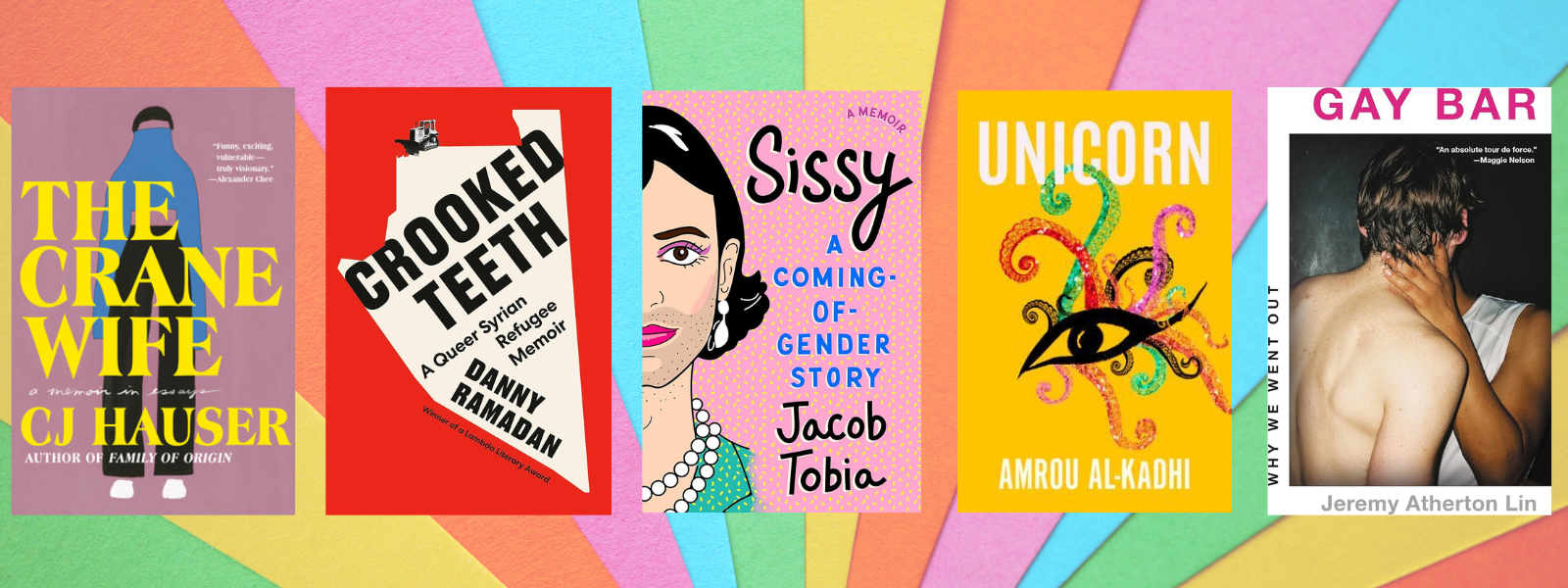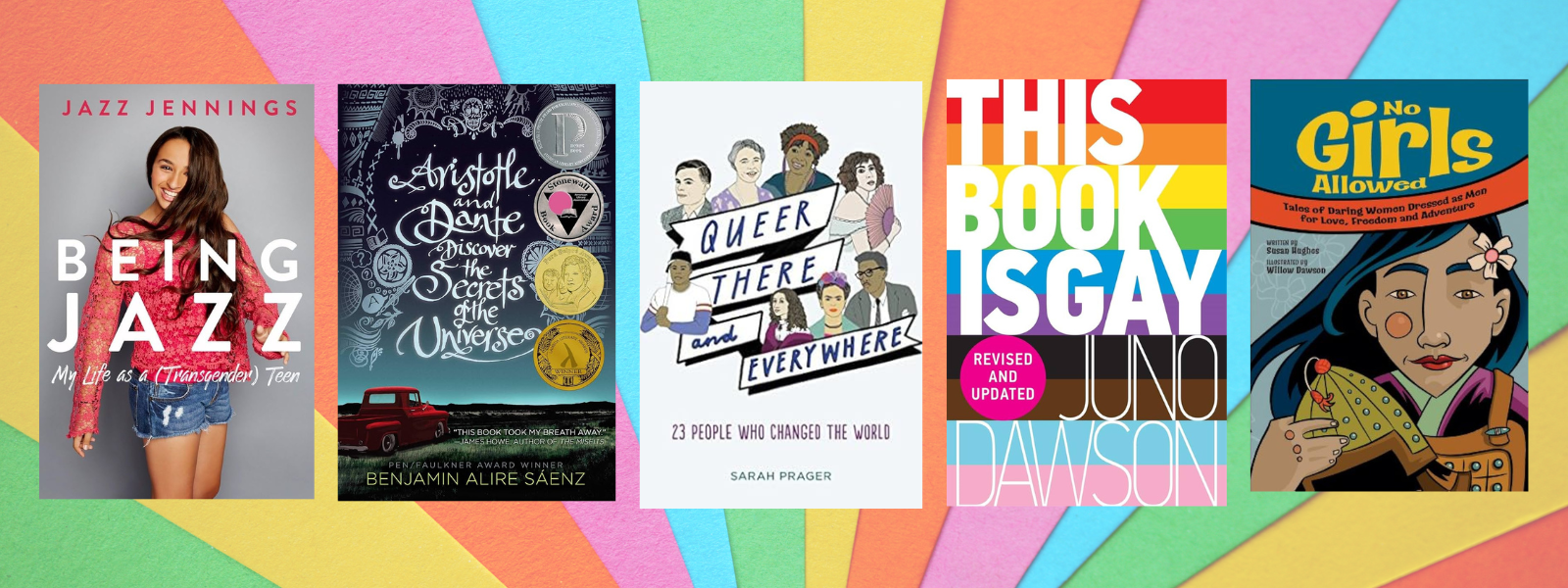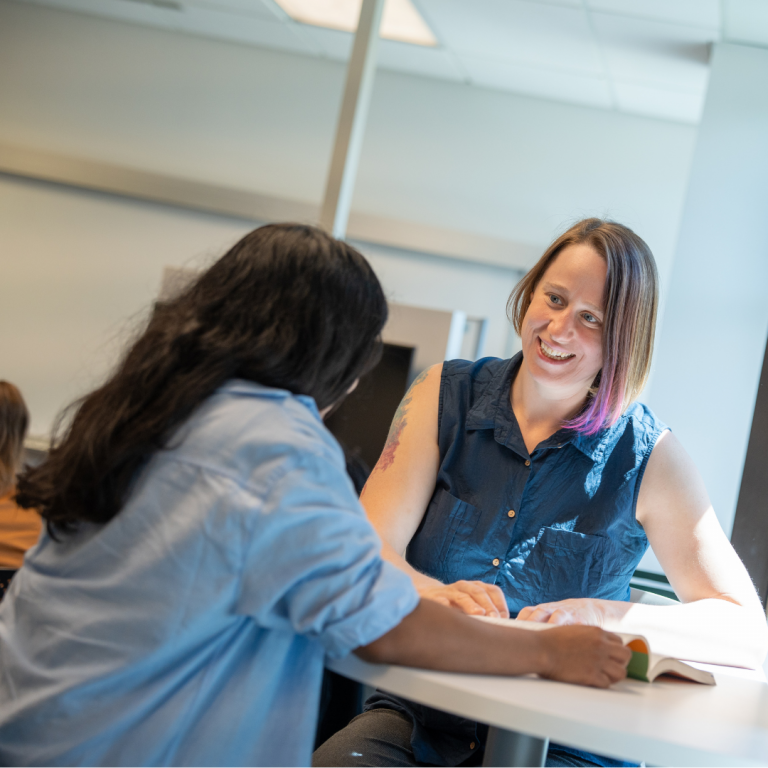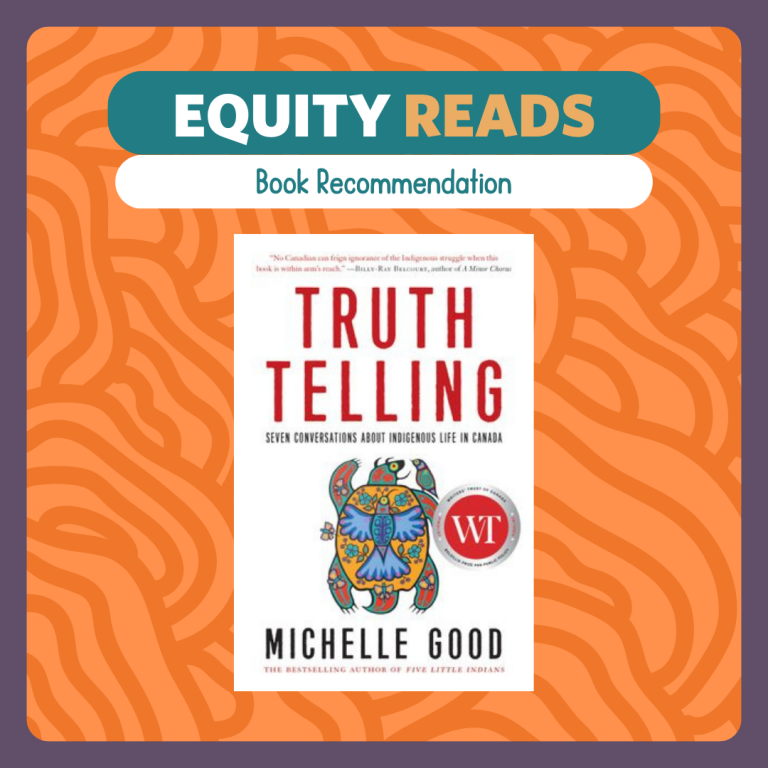The idea for this book list came to us from Tendai, who is studying Gender, Race, Sexuality, and Social Justice with a Minor in Theatre at UBC. The books on this list have been compiled by Tendai and staff and faculty at UBC Okanagan Library.
About the booklist:
“African and Diasporic mythos have long been taught to be ‘demonic’ (for lack of a better word). There has been an uptick in African mythos (primarily West African) in fantasy spaces, which I find to be an amazing way of not only teaching people about these mythologies and traditions but also normalizing them.”
– Tendai, Bachelor of Arts student at UBC
Tendai’s Top 3 books on the list
Raybearer by Jordan Ifueko
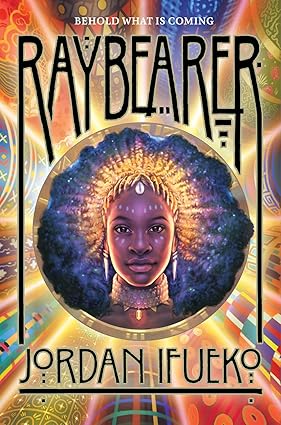
Quotation from Raybearer:
“Only one thing is more powerful than a wish, and that is a purpose.”
―
Why you should read it:
“Raybearer, with its incredibly diverse cast of characters and personalities is a book that is going to stay with me forever. The world and magic are so beautifully described and carefully thought out that it completely immerses you in the story and keeps you emotionally invested in the characters.”
― Tendai, Bachelor of Arts student at UBC
Skin of the Sea by Natasha Bowen
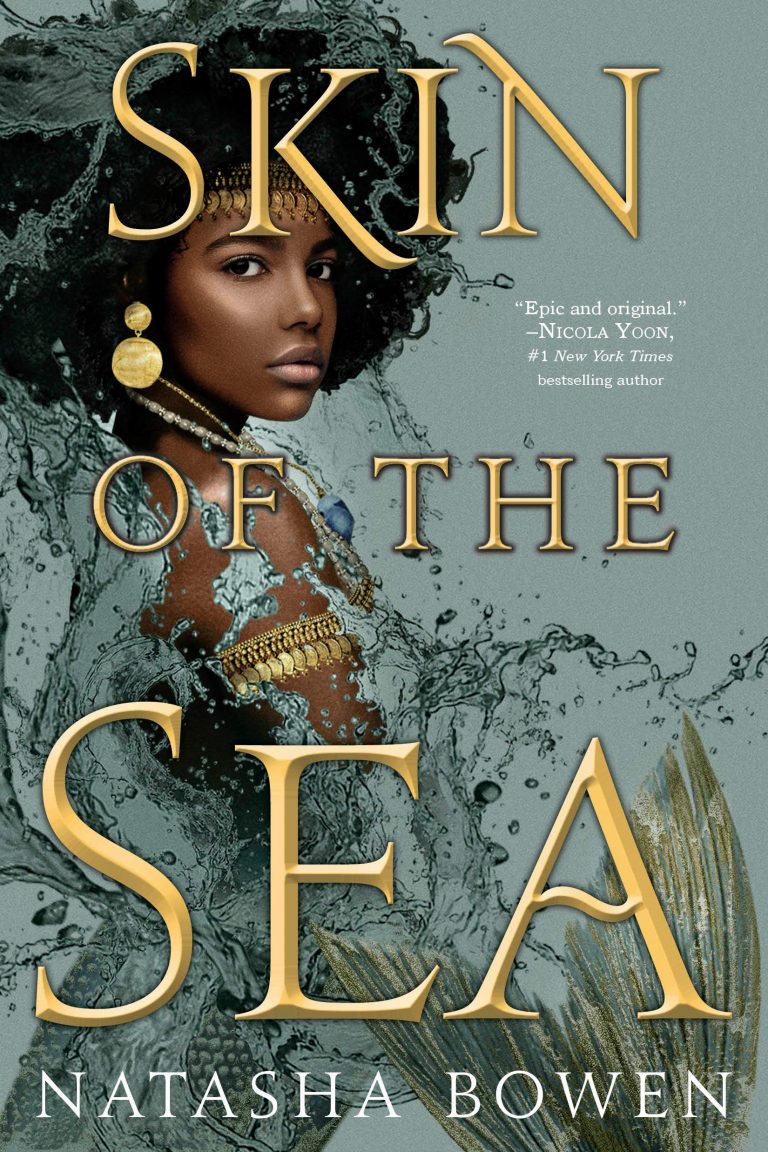
Quotation from Skin of the Sea:
“Listen to me. I know you will make things right. What is done is done. We cannot change the past, only learn from it. What happens next is up to you.”
― Natasha Bowen
Why you should read it:
“Anyone who knows me knows that I am obsessed with mermaids. In a sea of The Little Mermaid retellings, Skin of the Sea stands apart with its inspiration from West African mythos and unique storyline providing a new perspective of the enslaved African people thrown off slavers’ ships.”
― Tendai, Bachelor of Arts student at UBC
The Rage of Dragons by Evan Winter
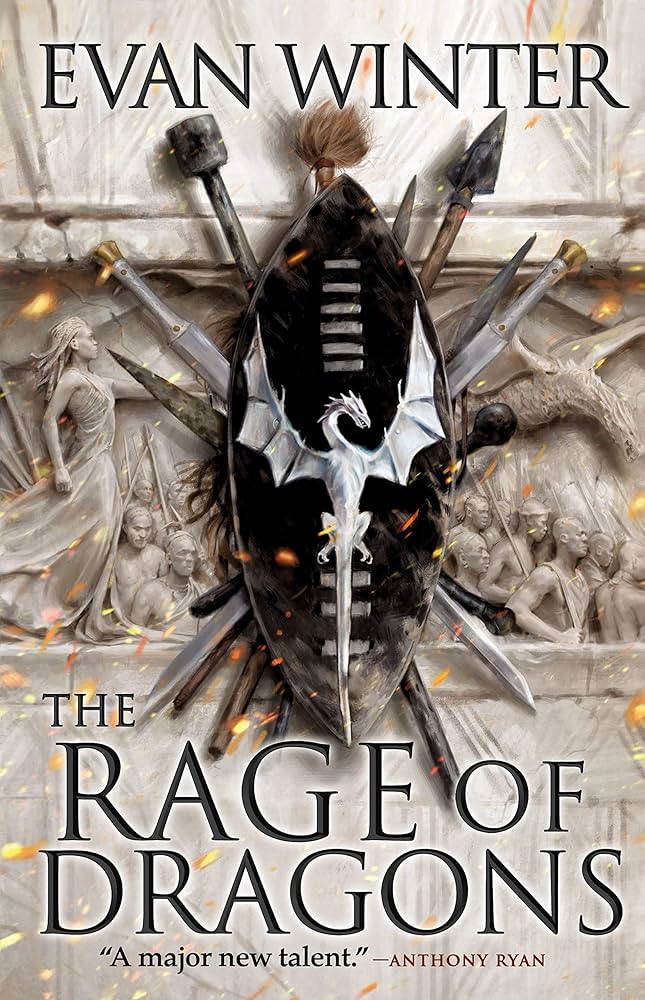
Quotation from The Rage of Dragons:
“He told himself he could stop when he could no longer make the next step. He also told himself he could always make at least the next step.”
―
“I’ve found that most fantasy novels inspired by African mythos are rooted in West African traditions, and The Rage of Dragons was a treat to my Zambian heart. South African inspired, this fantastical revenge story is full of attention-gripping action and succeeds at being a wholly heart-wrenching and distinctive story in the fantasy genre.”
― Tendai, Bachelor of Arts student at UBC
African and Diasporic Fantasy Booklist
Click on the links to see how you can borrow the books below from UBCO Library.
Fiction
A Song of Wraiths and Ruin by Roseanne A. Brown
Akata Witch by Nnedi Okorafor
Akata Warrior by Nnedi Okorafor
Akata Woman by Nnedi Okorafor
An unkindness of ghosts by Rivers Solomon
Black Leopard, Red Wolf by Marlon James
Blood Scion by Deborah Falaye
Children of Blood and Bone by Tomi Adeyemi
Children of Virture and Vengeance by Tomi Adeyemi
Crowned: Magical Folk and Fairy Tales from the Diaspora by Kahran Bethencourt and Regis Bethencourt
Forged by Blood by Ehigbor Okosun
Goddess Crown by Gabi Burton
It Waits in the Forest by Sarah Dess
Kindred : a graphic novel adaptation by Damian Duffy and John Jennings
*see other Octavia Butler titles in the Available Online section
Lilith’s brood by Octavia E. Butler. (originally Xenogenesis Trilogy: Dawn, Adulthood Rites, and Imago)
Misoso : once upon a time tales from Africa retold by Verna Aardema; illustrated by Reynold Ruffins.
Nelson Mandela’s favorite African folktales.
Raybearer: A Novel by Jordan Ifeuko
Skin of the Sea by Natasha Bowen
Son of the Storm by Suyi Davies Okunbowa
The House of Rust : a novel by Khadija Abdalla Bajaber
The Mermaid of Black Conch by Monique Roffey
The Rage of Dragons by Evan Winter
The Water Dancer by Ta-Nehisi Coates
Who Fears Death by Nnedi Okorafor
Non-Fiction
At the crossroads of culture and literature edited by Suchorita Chattopadhyay, Debashree Dattaray
Blackening Canada : diaspora, race, multiculturalism by Paul Barrett
Conscripts of migration : neoliberal globalization, nationalism, and the literature of new African diasporas by Christopher Ian Foster
Contemporary speculative fiction edited by M. Keith Booker
Humor in the Caribbean literary canon by Sam Vásquez
Witches, goddesses, and angry spirits : the politics of spiritual liberation in African diaspora women’s fiction by Maha Marouan
Available online :
African American adolescent female heroes : the twenty-first-century young adult neo-slave narrative by Melanie A. Marotta
African migration and the novel : exploring race, civil war, and environmental destruction by Jack Taylor
African migrations : traversing hybrid landscapes edited by Sarali Gintsburg and Ruth Breeze
Afro-Centered Futurisms in Our Speculative Fiction edited by Eugen Bacon
Alchemies of blood and Afro-diasporic fiction : race, kinship, and the passion for ontology by Nicole Simek
Coloniality and migrancy in African diasporic literatures by Peter Moopi and Rodwell Makombe
Fantasy and myth in the Anthropocene : imagining futures and dreaming hope in literature and media edited by Marek Oziewicz, Brian Attebery and Tereza Dedinová
Futurism and the African imagination : literature and other arts edited by Dike Okoro
Kindred by Octavia E. Butler
Madness in Black Women’s Diasporic Fictions: Aesthetics of Resistance (Gender and Cultural Studies in Africa and the Diaspora) edited by Caroline A. Brown, Johanna X. K. Garvey.
Millennial style : the politics of experiment in contemporary African diasporic culture by Aliyyah I. Abdur-Rahman
Mumbo jumbo by Ishmael Reed
Octavia E. Butler’s Parable of the sower by a graphic novel adaptation by Damian Duffy and John Jennings
Recovering black storytelling in qualitative research : endarkened storywork by S.R. Toliver.
Routledge handbook of the new African diasporic literature edited by Lokangaka Losambe and Tanure Ojaide
Spatialities of speculative fiction : re-mapping possibilities, philosophies, and territorialities by Gwilym Lucas Eades
Speculative & science fiction by guest editors Louisa Uchum Egbunike, Chimalum Nwankwo.
Speculative fiction as a rehearsal for decolonization by Liahnna Stanley, Jenna N. Hanchey
Teaching Black speculative fiction : equity, justice, and antiracism edited by KaaVonia Hinton and editor Karen Chandler
The things that fly in the night : female vampires in literature of the Circum-Caribbean and African diaspora by Giselle Liza Anatol
Uneven futures : strategies for community survival from speculative fiction edited by Ida Yoshinaga, Sean Guynes, and Gerry Canavan
Example titles available to order from Vancouver:
Changing bodies in the fiction of Octavia Butler : slaves, aliens, and vampires by Gregory Jerome Hampton
Migrating the Black body : the African diaspora and visual culture edited by Leigh Raiford and Heike Raphael-Hernandez
Black Panther by Scott Bukatman
Afrofuturisms : ecology, humanity, and francophone cultural expressions by Isaac Vincent Joslin
Janelle Monáe’s queer afrofuturism : defying every label by Dan Hassler-Forest
Afrofuturism rising : the literary prehistory of a movement by Isiah Lavender III



